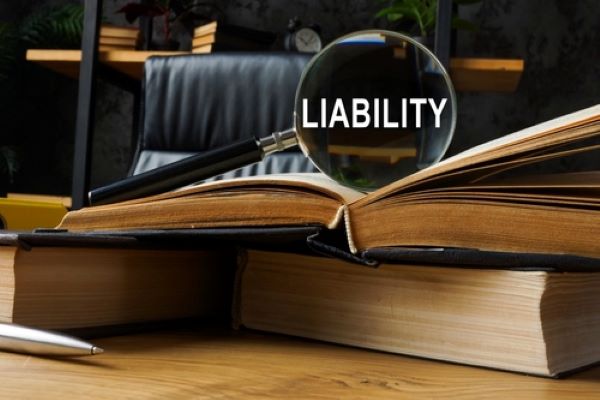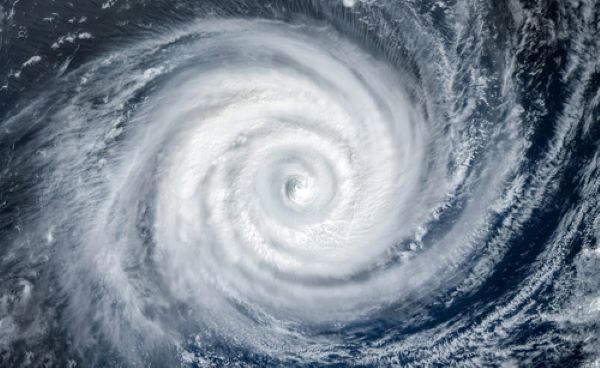 |
| By | June 15, 2023 |
Purchasing a home is like stepping into a world of endless possibilities. But amidst the excitement and anticipation, there lies a step that cannot be overlooked: home insurance. While it may not be as glamorous as choosing paint colors or furniture, it plays an indispensable role in safeguarding your investment and ensuring the tranquility you deserve.

What Does a Homeowner’s Insurance Policy Provide?
When you own your home, you have to make sure it’s protected from things that might go wrong. Homeowner’s insurance (or property insurance) does just that. If an unforeseen event or accident, such as a fire, break-in, vandalism, or natural disaster happens, you’ll want to be covered.
Your policy can also provide coverage if someone gets hurt on your property, helping you with any legal fees or compensatory damages.
What Isn’t Covered by Homeowner’s Insurance?
While homeowner’s insurance provides considerable protection, it’s important to be mindful of specific situations that may not be covered. Knowing what falls outside the scope of property insurance is vital to ensure you have the appropriate level of protection customized to your unique needs.
One aspect typically excluded from homeowners’ insurance is flooding. If you reside in a flood-prone area, it’s advisable to obtain separate flood insurance to safeguard your home and belongings. Similarly, earthquake damage is usually not covered, necessitating earthquake insurance for those residing in regions prone to seismic activity.
Damage caused by pests or vermin, such as termites or mice, is another area that may not be covered. In such cases, you may need to bear the expenses for repairs unless you have specific coverage for pest-related damage.
Additionally, certain high-value items like jewelry or artwork may have coverage limits under homeowner’s insurance policies. If you possess valuable items exceeding these limits, it may be wise to secure additional coverage to adequately protect them.
Lastly, intentional property damage is generally excluded from homeowner’s insurance. If your home is vandalized or intentionally damaged, seeking compensation through legal channels rather than relying on your insurance policy may be necessary.
It’s crucial to review your homeowner’s insurance policy to fully grasp its limitations and assess whether additional coverage options are needed to address potential gaps.
Why Home Insurance Is Important
Home insurance plays an important role in protecting homeowners’ investments, providing coverage for unexpected repairs, and granting much-needed peace of mind.
Here are some of the reasons why home insurance is so important:
Protects Your Investments
Your home is likely the most significant investment you’ll make in your lifetime, making home insurance indispensable. It shields you from potential financial burdens by covering damages and losses resulting from various events such as fire, theft, and weather-related incidents. Without this coverage, the costs of repairs or a complete loss could fall solely on your shoulders.
Covers Unexpected Repairs and Replacement
Home insurance offers a safety net when unexpected damages occur. If unforeseen circumstances damage your home, your insurance policy could provide financial assistance to cover necessary repairs or replacements. This crucial support ensures that the costs involved remain affordable, ultimately preserving the value of your investment.
Home Insurance Can Give You Peace of Mind
Having a home insurance policy in place offers a profound sense of security and tranquility. In the face of worst-case scenarios like fires or natural disasters, knowing that you have coverage brings solace. It means you can rebuild your home and recover from such setbacks. Moreover, in the unfortunate event of someone being injured on your property, your insurance steps in to cover legal fees and medical expenses. Without home insurance, unexpected expenses and risks could lead to severe financial strain and emotional stress.
Additionally, if you are temporarily displaced from your home due to repairs or rebuilding, most insurance policies reimburse expenses such as rent, hotel accommodations, meals, and incidental costs incurred during this period.
Home Insurance Is Required by Most Lenders
When purchasing a home, most lenders mandate home insurance as a loan condition. Lenders have a vested interest in protecting their investment in your property against potential damage or destruction. By fulfilling this requirement, you not only safeguard your own financial security but also fulfill the lender’s prerequisites, ensuring a smoother loan process.
In summary, property insurance is a fundamental aspect of homeownership, providing protection for investments, covering unexpected repairs due to a covered loss, instilling peace of mind, and meeting lender requirements. With home insurance, you can navigate the challenges of homeownership with greater confidence and financial stability.
What to Consider When Purchasing Homeowners Insurance
Before making a commitment, there are several key factors to keep in mind when purchasing homeowners insurance, such as:
- Coverage details: Make sure you understand exactly what your policy covers- at what levels. Standard policies usually cover your home’s structure and belongings, liability protection, and additional living expenses.
- Your deductible: Many policies have an amount you have to pay out-of-pocket before coverage takes effect, so be sure to think about the amount you’re comfortable paying if you have to make a claim and select a deductible that aligns with your budget.
- Additional endorsements: You may need additional coverage for items such as high-value jewelry or a home office. Consider what extra endorsements may be necessary for your situation.
- Discounts: Look for potential discounts that may be available, such as a bundle with other policies, having a security system, or being a long-time customer.
- Insurance company rating: Research the financial stability and reputation of the insurance company you’re considering ensuring they have the means to pay out claims and a strong customer service track record.
- Policy exclusions: Familiarize yourself with the instances and damages your policy doesn’t cover, such as flood damage, earthquakes, or certain types of liability claims.
- Coverage limits: Assess whether your coverage limits adequately meet your needs. For instance, if you reside in a high-risk area, you may require additional coverage to safeguard against natural disasters like hurricanes or wildfires.
At Cell Brokerage, we can find you comprehensive homeowner’s insurance coverage tailored to fit your unique needs. Contact us today to learn more about how we can protect your home and your investment.









